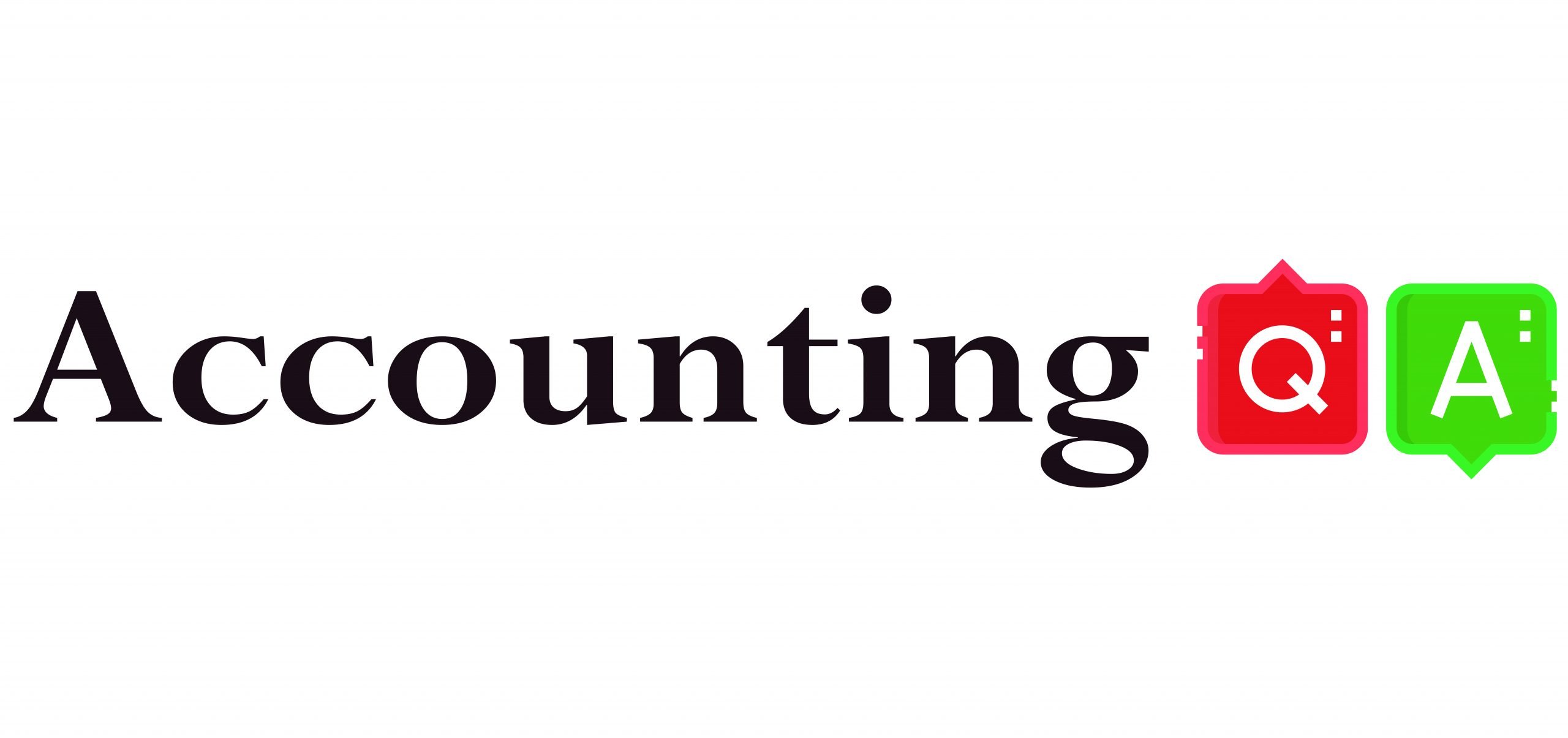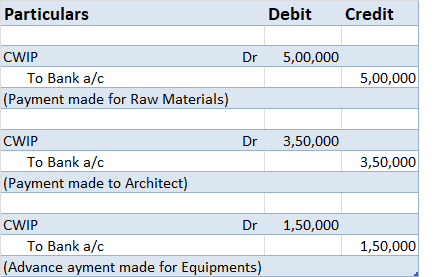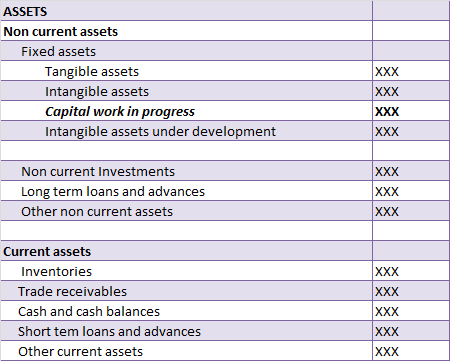The correct option is option A. Journal is the book of original entry. It is from the journal, the postings in the ledgers are made. As it is the journal first to record the transactions, it is called the book of original entry. It is from the journal, the postings in the ledgers are made. Ledgers aRead more
The correct option is option A.
Journal is the book of original entry. It is from the journal, the postings in the ledgers are made. As it is the journal first to record the transactions, it is called the book of original entry.
It is from the journal, the postings in the ledgers are made. Ledgers are called the books of principal book of entry.
Option B Duplicate is wrong as there is no such thing as the book of duplicate entry in financial accounting. Journal entries are the first-hand record of business transactions. Hence, it cannot be the book of duplicate entries.
Option C Personal is wrong. This classification of ‘personal’ is a type of account as per traditional rules of accounting, not books of accounts
Option D Nominal is wrong. It is also a type of account as per the traditional rules of accounting.
See less





Reserve capital is part of ‘Uncalled capital’. ‘Uncalled capital’ means the outstanding amount on shares on which the call money is not yet called. A company may issue its shares and receive the money either in full or in instalments. The instalments are named: Application money – Received by a compRead more
Reserve capital is part of ‘Uncalled capital’. ‘Uncalled capital’ means the outstanding amount on shares on which the call money is not yet called.
A company may issue its shares and receive the money either in full or in instalments. The instalments are named:
For example, X Ltd issues 1000 shares at a price of Rs. 100 per share which is payable Rs. 25 at application, Rs. 30 at the allotment, Rs. 25 at the first call and Rs. 20 at the second and final call.
The shares at fully subscribed and X Ltd has called and received money till the first call. The second call is not made yet.
This amount of Rs 20,000 (1000 x Rs.20) will be uncalled capital.
Now, It is up to the management when to make the second and final call.
If the management shows no intention of calling the outstanding money on such shares, then the uncalled capital will be called reserve capital.
Such shares which are not fully called are known as party paid shares.
It is ultimately payable to the company by the shareholders of partly paid shares at the time of dissolution.
Reserve capital is not shown either in the balance sheet or in the notes to accounts to the balance sheet. But one can ascertain it just by examining the notes to accounts to the balance. If the shares are partly paid and the management seems to have no intention of calling the outstanding money then such uncalled share capital is reserve capital.
Reserve capital is neither a liability nor an asset for the company.
But at the time of winding up of the company, it becomes a liability for the shareholders to pay the balance amount of their shares.
By now, you must have understood why reserve capital is not part of unsubscribed capital. It is because reserve capital is related to shares that are issued and subscribed.

See less